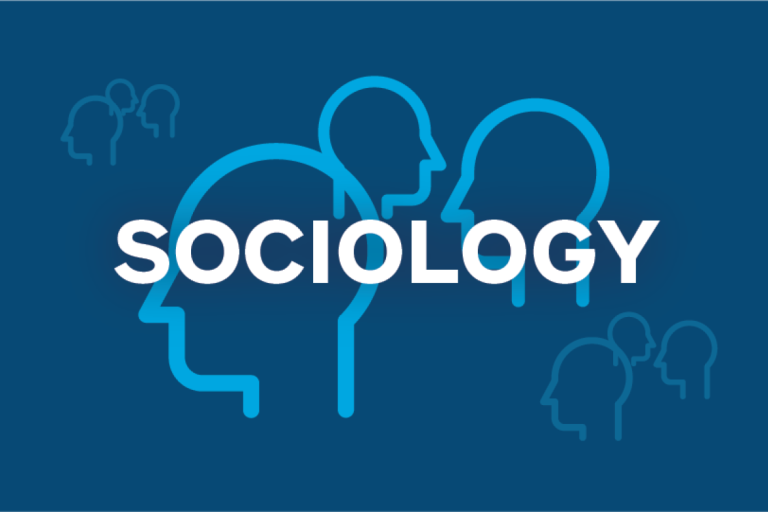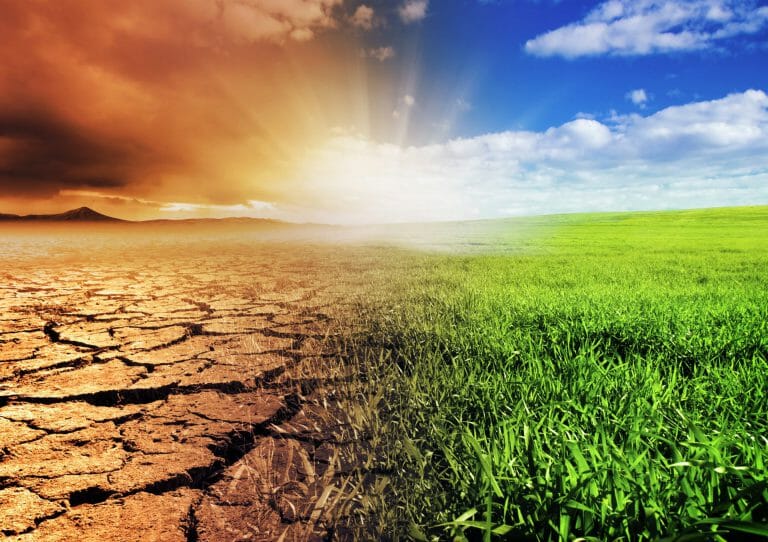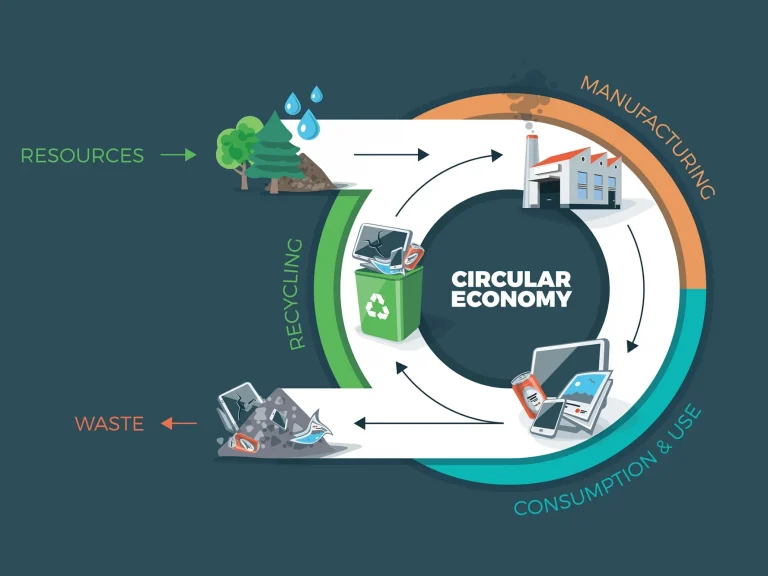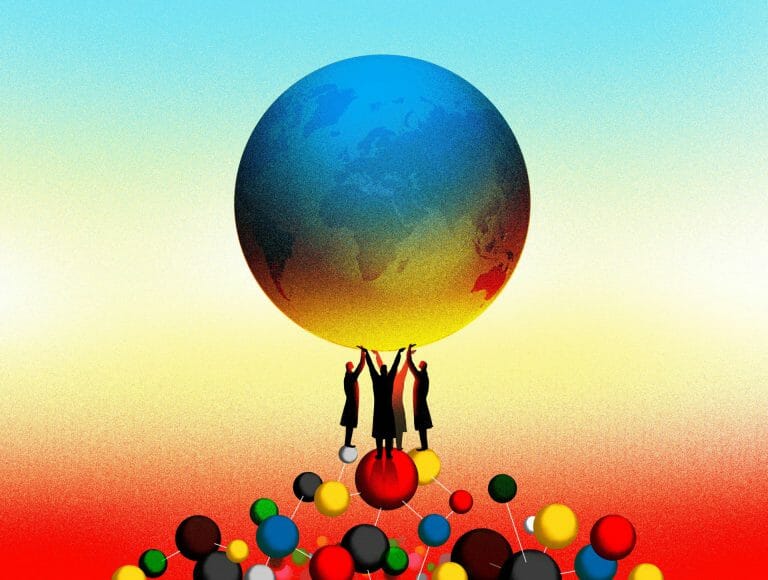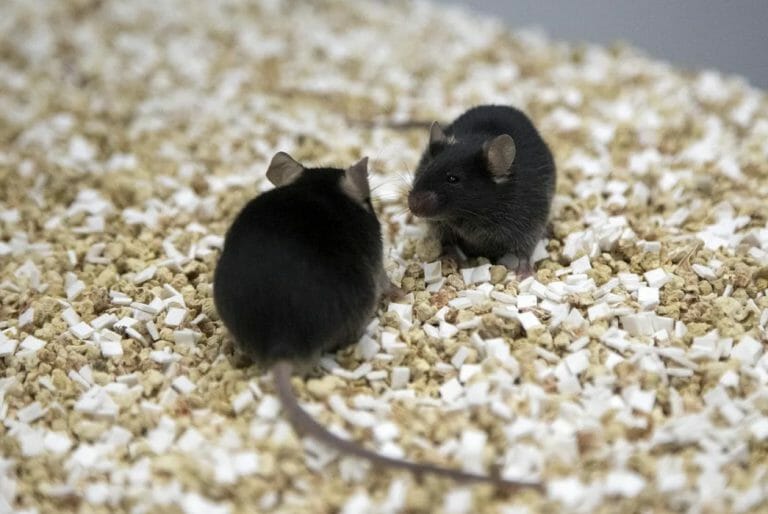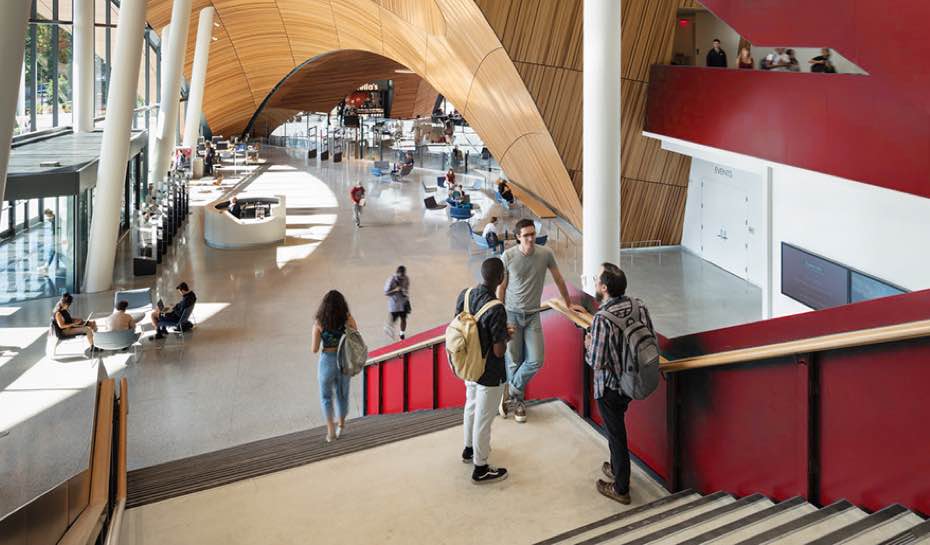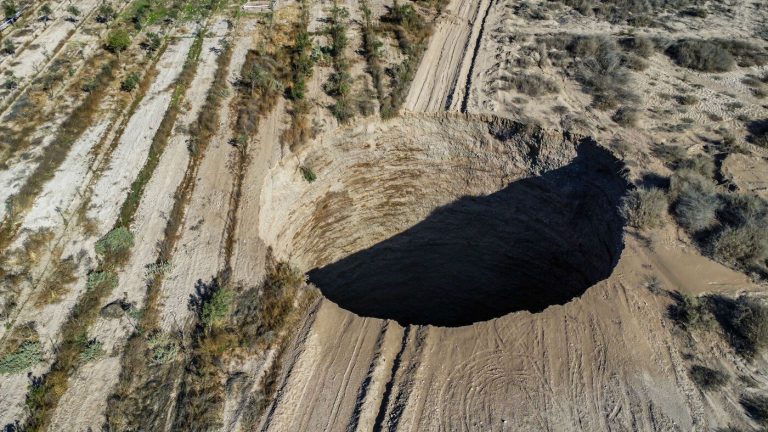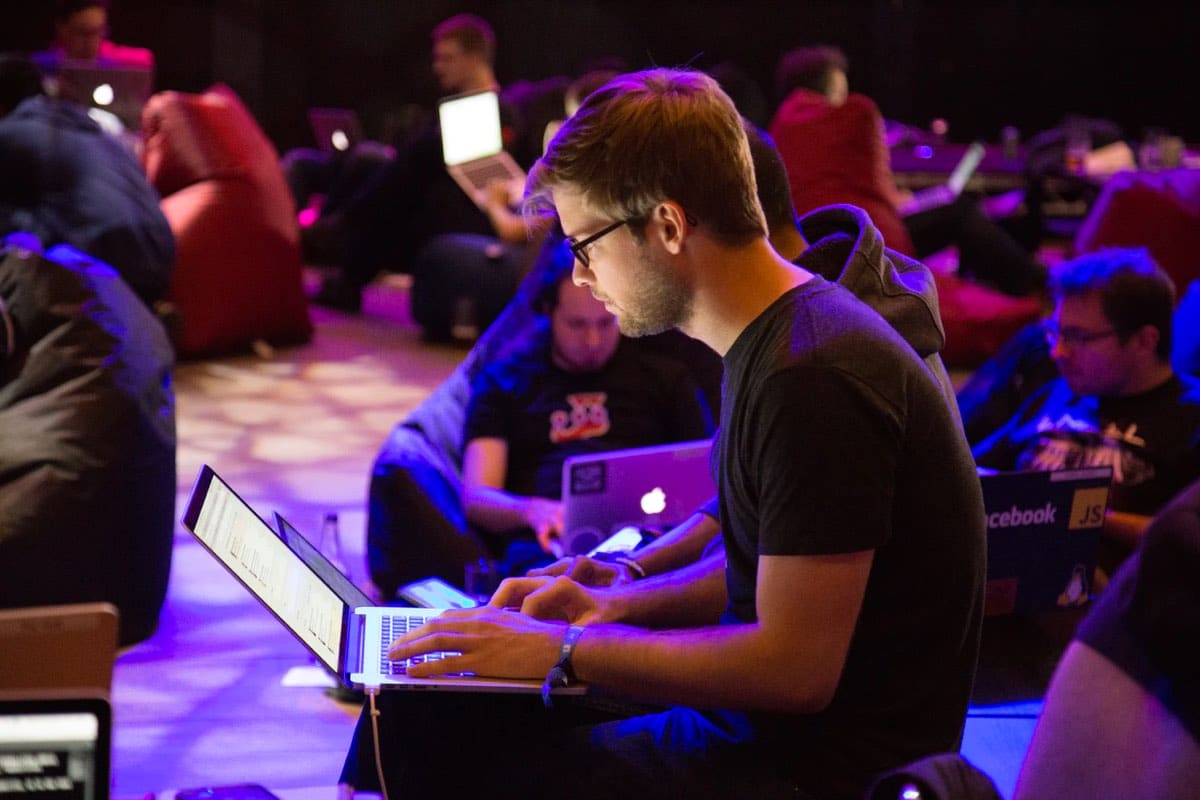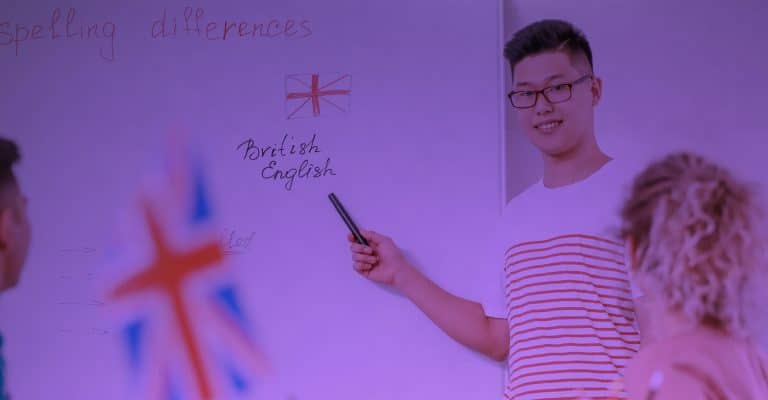Will it be sustainable to feed ourselves in 2050 as we do today?
July 8, 2022 2023-09-18 21:22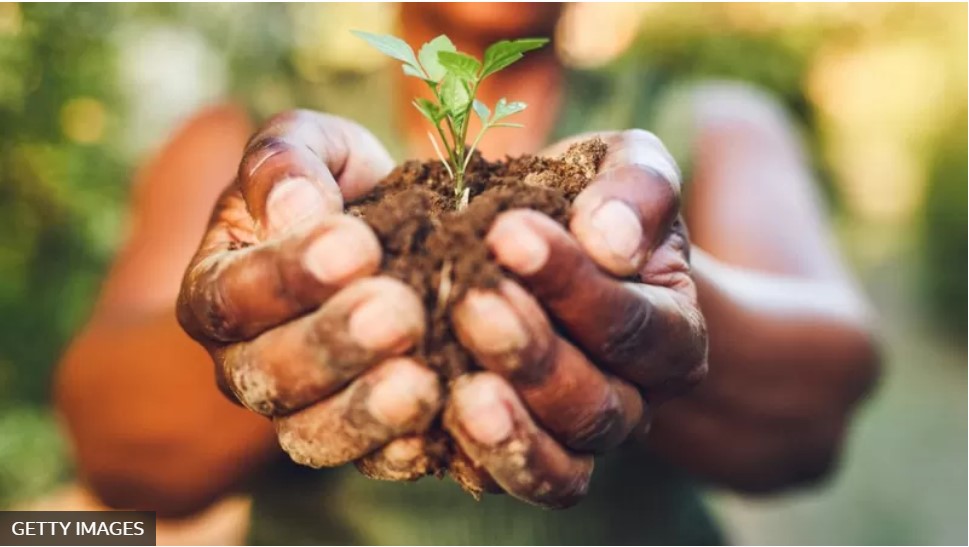
Will it be sustainable to feed ourselves in 2050 as we do today?
To anticipate the answer. No. It will not be possible to feed ourselves as we do today. Since there is currently no capacity to produce the amount of food we will need in 30 years.
Have you thought about how to affect the Ukrainian war
and Global Warming our diet?
Although it seems that there is no relationship, the answer is categorical, it affects a lot, because these two variables, added to the scarcity of water, have prioritized looking for options and diversifying our diet.
The food world, as we know it today, is very soon to change. We are at the limit of what the planet can give us, so it has been left to science and innovation to find a solution in the short term.
In fact, it is already a reality that advances in science and technology are allowing farmers to produce more with less, and the application of these agronomic practices is a solution to the great food shortage that could be looming by the year 2050.
In 30 years, the world population will be around 10 billion inhabitants. And it is a reality that water and food will not be available to everyone. Therefore, says Sam Pirinon, a researcher at Kew Gardens, “diversifying the food we eat is one of the solutions to alleviate hunger, address biodiversity loss, and help adapt to the climate crisis”.
“We know that there are thousands of species of edible plants around the world that are consumed by different populations, and this is where we can find some solutions for these future global challenges”, he says.
Of more than 7,000 edible plants worldwide, only 417 are widely cultivated and used for food. In fact, 90% of calories come from just 15 crops, say experts at the Royal Botanic Gardens in Kew, London.
Robotic arm harvesting tomatoes (Sompong Sriphet/EyeEm via Getty Images).
In addition to scientific optimization initiatives, which are already at full throttle looking for solutions to this problem, humans must seek to open up to new food possibilities and expand their tastes, to make room for new foods that thus make it possible to combat the limitation of supply.
There are many people who are looking for solutions to combat this reality that will affect all the inhabitants of the planet. In fact, at a global level, the Bayer company has adopted concrete commitments for 2030. The company promotes a partnership with farmers to reduce the ecological footprint of agriculture by 30%, which currently represents around 25% of greenhouse gas emissions.
At the same time, it seeks to support 100 million small farmers in developing countries and emerging economies, who produce 80 percent of the population’s food supply. Tailor-made resources have been developed for them, giving access to innovative customized solutions and access to technology and good agricultural practices.
If you want more information on this topic, do not hesitate to expand information with these links:
¿Qué comeremos en 2050?
2030- SDG 2- Zero Hunger- Ted talks
Investigación y desarrollo participativo para la agricultura y el manejo sostenible de recursos naturales: Volumen 3: Investigando Investigación y Desarrollo Participativo
Conditioning factors to market fruits and vegetables from family farms to supermarket supply chains.
Los cultivos de cobertura en la agricultura en laderas : innovacio´n de los agricultores con mucuna
Land tenure in tea farming and exploring factors influencing a rural household’s decision to exit or enter farming.
Aumento de las oportunidades con una “smart” agricultura en función de las condiciones agrometeorológicas. (Spanish)
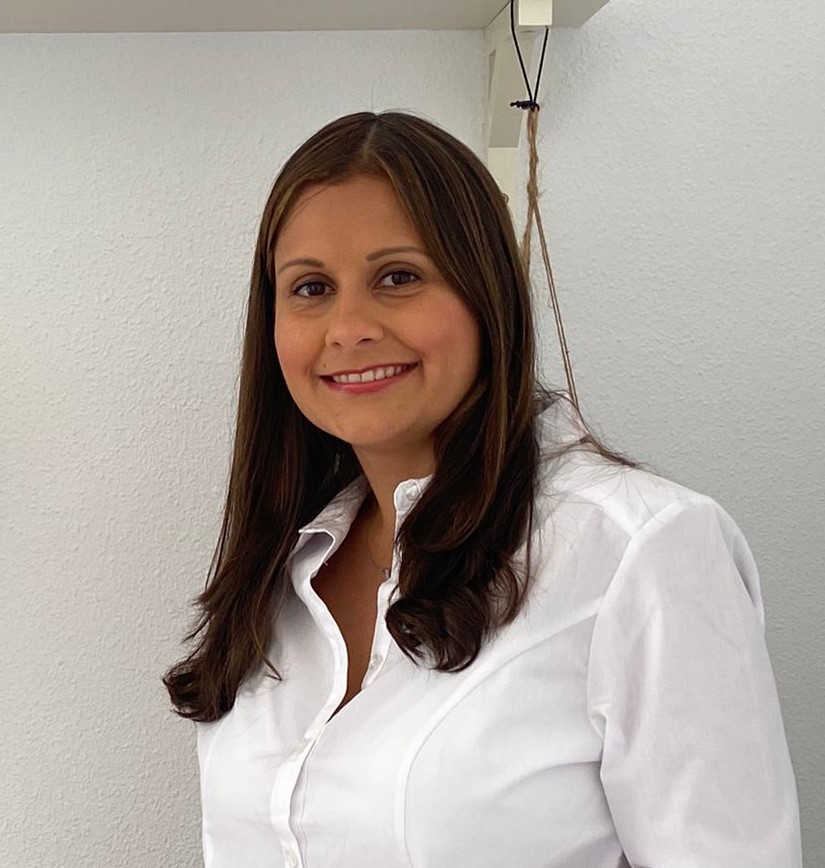 |
Author : Vanessa D”angelo |
Related Posts
Will it be sustainable to feed ourselves in 2050 as we do today?
July 8, 2022 2023-09-18 21:22Popular Tags


